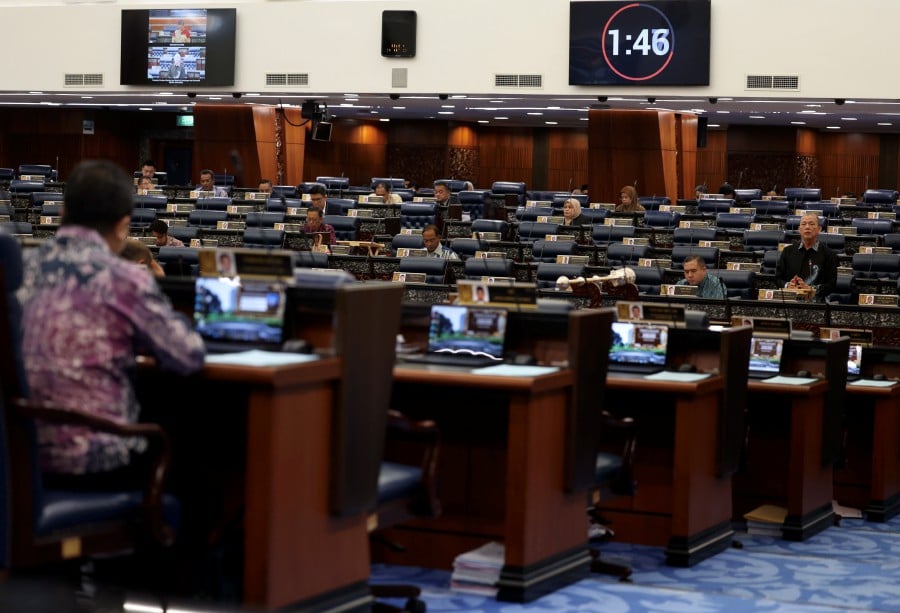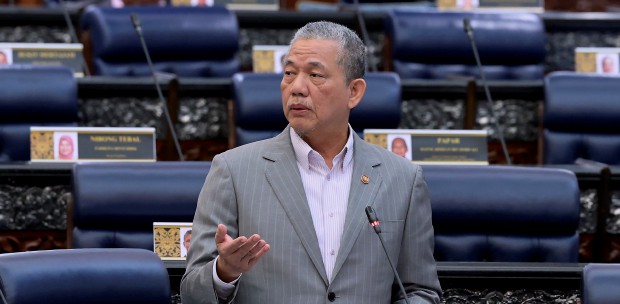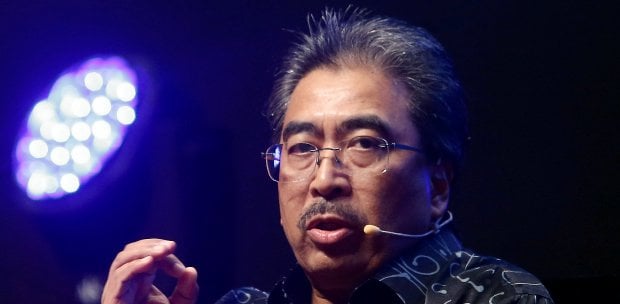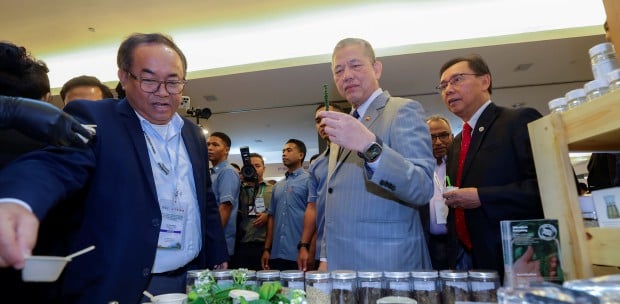KUALA LUMPUR: The Plantation and Commodities Ministry is conducting a study on the development of Single Nucleotide Polymorphism Markers for Hevea Brasiliensis or genomic technology to produce high-quality and disease-resistant rubber tree clones, the Dewan Rakyat was told today (October 26).
Deputy Prime Minister Datuk Seri Fadillah Yusof said this is one of the Research and Development (R&D) initiatives carried out by the ministry as a long-term plan to help increase rubber production for smallholders.
He said this is because one of the main challenges faced by smallholders is the diseases affecting rubber trees, particularly white root disease, which impacts the productivity and yield of the commodity.
"We are also focusing on R&D involving seed planting using machines and automated tapping methods because good tapping quality will have a positive impact on the productivity of rubber production.
"Similarly, we aim to develop harvesting and marketing methods to ensure that our products are sustainable and internationally accepted," said Fadilah, who is also the Plantation and Commodities Minister, during the Minister's Question Time.
Fadillah said this in reply to Datuk Adnan Abu Hassan (BN-Kuala Pilah) who wanted to know the measures and initiatives that are being and to be implemented by the ministry to help rubber smallholders who currently face the challenge of low rubber prices.
Elaborating, Fadillah said one of the measures taken is through the Rubber Industry Transformation Project (TARGET), which is expected to add value to rubber and increase returns and income for rubber smallholders.
"Until August this year, six TARGET participants, including cooperatives and entrepreneurs, have passed the Incubator phase. The next stage is the monitoring process for the opening of the Crip Rubber Processing Centre at suitable locations," he said. --BERNAMA





